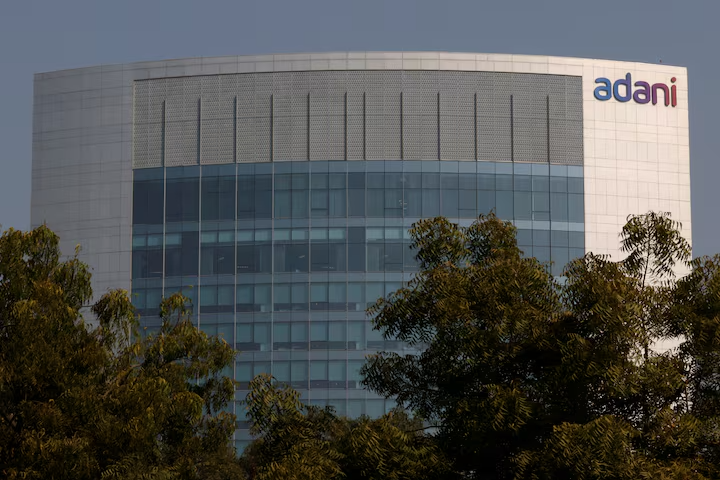The Group of Seven (G7) nations have renewed their determination to impose stringent measures on Russia as the conflict in Ukraine nears its 1,000th day. In a joint statement released on Saturday, the G7 leaders condemned Russia’s invasion and pledged unwavering support for Ukraine's sovereignty and territorial integrity. Italy, currently holding the G7 presidency, hosted the discussions among the member states, which include the United States, Canada, Japan, France, Germany, and the United Kingdom.
The G7 vowed to intensify economic pressures through sanctions, export controls, and other measures aimed at dismantling Russia’s military capabilities and reducing its economic lifelines. Specific actions include restricting exports critical to Russia’s war efforts, limiting its energy revenues, and targeting entities aiding its military supply chain, including some based in third-party countries. The group also emphasized the importance of enforcing existing sanctions while collaborating to prevent circumvention by Russian allies or intermediaries.
The leaders underscored their commitment to Ukraine’s long-term security and reconstruction efforts. They highlighted significant financial contributions, including a €50 billion EU support package and additional funding from Japan and Canada. The G7 also announced plans to bolster Ukraine’s energy infrastructure, assist in de-mining, and promote reforms aligned with Ukraine’s path toward European integration.
In their statement, the leaders criticized Russia's human rights violations and attacks on Ukrainian civilians and infrastructure, calling for accountability for war crimes. They reiterated their opposition to Russia's nuclear threats and denounced its attempts to annex Ukrainian territories, vowing not to recognize any illegitimate elections conducted in occupied areas.
The G7 reaffirmed its support for Ukraine’s agricultural exports, crucial for global food security, and welcomed initiatives like the "Grain from Ukraine" project. Efforts to rebuild Ukraine’s economy were also highlighted, with plans to mobilize private investments and coordinate donor efforts through international platforms.





